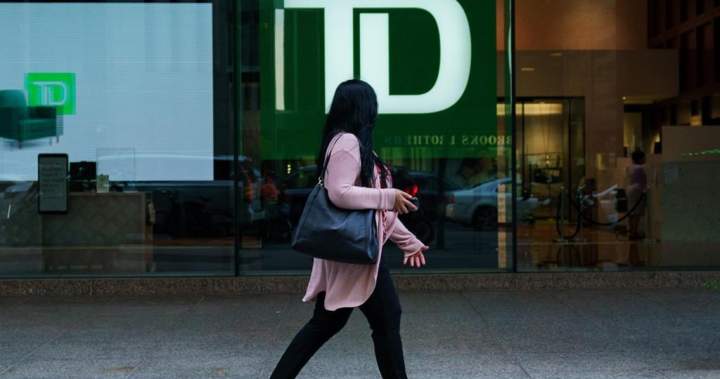
All eyes are on Nvidia’s quarterly earning results Wednesday evening amid a stock market that’s seeing increasingly jittery movements in technology companies over recent weeks.
That comes as many investors have seen significant growth from stocks and other investments tied to artificial intelligence in recent years, but also amid a lot of volatility in the sector tied to the earnings results of these companies — and the sky-high expectations some investors have for them.
“I’d say this started out with the launch of ChatGPT as sort of the first consumer-facing AI tool. It has risen meteorically on the investor landscape, and they are making extraordinarily large investments into AI as they see it’s the future,” says James Price, a portfolio manager with MBP Sterling Partners at RicharsonWealth.
“AI has really been front and foremost for investors and for driving market returns over the last couple of years, but probably more importantly, really driven it over the last several months.“
The S&P 500 is coming off a four-day losing streak, its longest in nearly three months, and has been shaky because of worries that stock prices have shot too high and that the U.S. Reserve may not deliver as many energizing cuts to interest rates as earlier expected.
Nvidia is one of a handful of big technology companies specializing in the design and manufacturing of hardware for complex computer systems and data centres, including semiconductor chips used in artificial intelligence.
With AI’s rapid development in recent years, Nvidia has seen a surge in demand for its chips and data centres. As of publication, Nvidia is the world’s most valuable company worth just under US$5 trillion in market valuation. That’s more than Microsoft, Apple, Alphabet and Amazon.
Nvidia has seen most of its market valuation accumulated over just the past few years, and has climbed about 35 per cent in the past six months as of publication.
Because of its valuation, its movements have more of an effect on the S&P 500 than any other stock, and it can single-handedly steer the index’s direction some days.

Get weekly money news
Get expert insights, Q&A on markets, housing, inflation, and personal finance information delivered to you every Saturday.
With such rapid growth, many experts have been questioning whether there is an AI “bubble.”
Companies that offer shares to the public on markets, like with stocks, are obligated by law to disclose their earnings every quarter, or three-month period, to stay transparent with their investors.
These shareholders will likely be looking for any signals from Nvidia that it is continuing to see the kind of growth consistent with the past few months and years, or if things are starting to slow down.
This is where things can get jittery in terms of the performance of the stock.
Many investors, including Canadians with retirement portfolios, likely have some money in equities like stocks — which can change in value quickly depending on many factors. This can include how the company performs over time, which may trigger buying or selling of the stock.
For instance, if investors don’t like what they see in Nvidia’s results, they may sell their stock in the company. This can change the price for shares because it is based on supply and demand.
If people have too much of their wealth tied up in a particular stock, then they can lose money if it drops.
Price recommends managing any concerns about fluctuating stocks or investments by not being too “concentrated” in any one stock or specific industry.
“If it’s causing you any any anxiety or inability to sleep, then you should probably be more diversified,” Price said.
The idea of diversification is to manage risk of losing too much wealth too quickly by investing in multiple assets to make sure you aren’t relying too much on one particular stock, fund, bond or commodity like gold.
For example, the Canada Pension Plan Investments portfolio currently owns over 37,000 shares of Nvidia valued at roughly C$8 billion as of publication.
However, those shares are only a small fraction of the CPP’s overall investment portfolio, which is made up of hundreds of other stocks, and Price notes CPP’s holdings of Nvidia amount to about one per cent of the total portfolio.
Price adds, “It pays to be well diversified. It pays to own companies that are in different industries, and it pays to own equities that are in different countries in order to get as much diversification as you can.”
Sarah Jeanneault, an AI innovation expert and vice-president of marketing and strategy at software company ProcedureFlow, says for those who are curious whether to invest, there is no rush.
“With AI, because we believe that it is so transformative, it doesn’t mean you need to buy it today or tomorrow. It can be something that you purchase over a time period or something in the future,” says Jeanneault.
“Just make sure you’re really reflective, and don’t feel like you need to rush into it just because right now we have a lot of earnings headlines — there’s still a lot of opportunity ahead.”
–with files from The Associated Press.
© 2025 Global News, a division of Corus Entertainment Inc.








